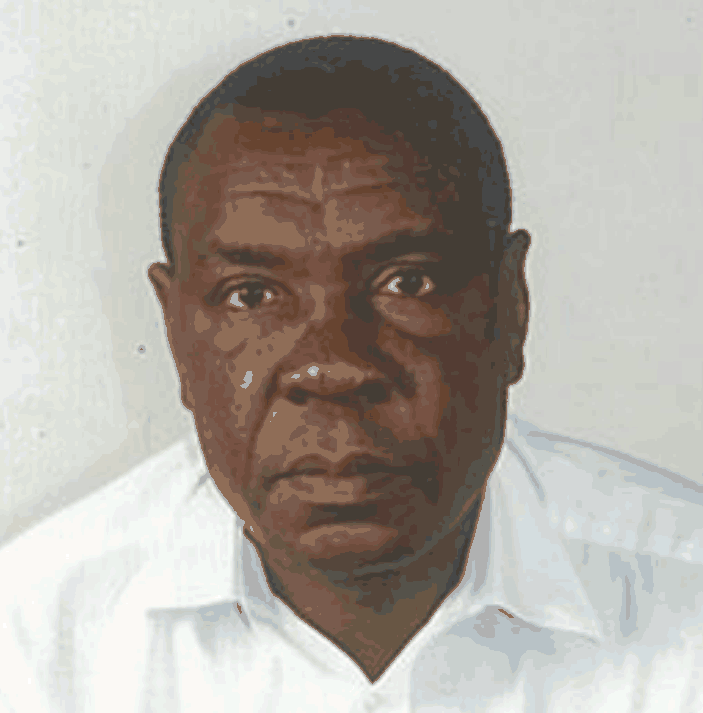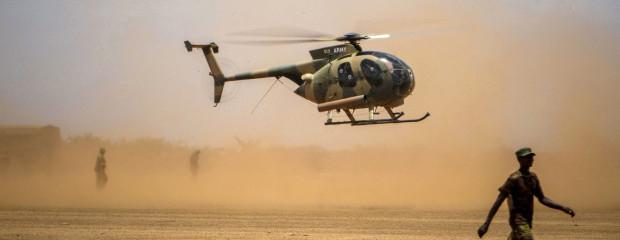Zambia: Sata sickness opens up can of worms for Patriotic Front – By Arthur Simuchoba
 The health of the 77-year old Zambian President Michael Sata currently ranks among the most sensitive of issues in the country and has come to be discussed only in hushed tones. His most recent public appearance and pictures released by his office, intended to stem increasing speculation, show him to be in startling physical decline. The details of his condition have however remained a closely guarded secret.
The health of the 77-year old Zambian President Michael Sata currently ranks among the most sensitive of issues in the country and has come to be discussed only in hushed tones. His most recent public appearance and pictures released by his office, intended to stem increasing speculation, show him to be in startling physical decline. The details of his condition have however remained a closely guarded secret.
Discussion of the issue and the “˜hereafter’ is being systematically forced underground by a clampdown that has seen the cancellation of at least one scheduled public discussion and the prosecution of a Lusaka resident, Mr Michael Achiume, for “publishing false news with intent to cause fear and alarm.” Mr Achiume is alleged to have “spread rumours that President Sata will die by May 30.”
On the same day, a provincial chairman of the opposition United Party for National Development (UPND) was reported to have been interviewed by the police and a statement recorded from him. He too was alleged to have told a public meeting on June 7 that President Sata was ill and the country was headed for an election.
There were reports at around the same time of people being dragged to police stations by governing party activists as sensitivity grew and a campaign to quash the “˜rumours’ got underway.
But the disquiet only grew. Public interest increased after a Ministry of Information statement of June 22 said the president had arrived in Tel-Aviv, Israel on a working holiday at the invitation of its president Shimon Peres. It said Mr. Sata was scheduled to meet Mr. Peres, senior Israeli officials and some business people. No date for his return was indicated.
The online media (generally not a supporter of the administration) doubted this news, pointing out that the Israeli president would be away in the United States and insisted that the real reason for the visit was to seek specialist medical attention.
A Reuter’s report of June 26 from Jerusalem seemed to confirm that. It quoted an unnamed Israeli official as saying: “Mr. Sata is here on a private visit and he is receiving medical treatment…He did not come here to lie on a beach.”
Subsequently, the Israeli newspaper Ha’aretz reported that he had been discharged from the Sheba Medical Centre where he had been receiving treatment. This only heightened speculation back in Zambia.
Opposition MPs and some NGOs demanded a clear statement on the actual situation of the president, the nature of his working visit and when he would return. Mkondo Lungu, the Deputy Speaker of the National Assembly, then directed the leader of Government Business, Vice-President Guy Scott, to issue a ministerial statement on the matter.
This he did. But he stuck to the official version that the president was on a working visit, conceding only that there could be a health aspect to it. He maintained however that it wasn’t feasible to indicate the date of his return.
Sections of the media reported him as having returned on July 4, but he in fact only arrived back the following day and was then pictured with close family members celebrating what was said to be his 77th birthday.
Apart from that picture, there was nothing else heard from or seen of him, which only added to the mounting calls for a clarification. MPs requested to visit him and asked Dr. Scott, who said permission would have to be sought to facilitate the visit. The president remained silent and out of sight.
Not until July 14 were pictures of Sata walking into a conference room to chair a cabinet meeting circulated. Few were re-assured. He was in a visibly weakened state and appeared to have aged considerably in a relatively short time. He subsequently traveled to South Africa to visit his son who was hospitalized there after a road accident. Once more, pictures of that visit were released to the media, but there still appeared to be no improvement.
The common understanding now is that President Sata is a sick man. He is not however without public sympathy and there would arguably be more if his situation was rendered more clear-cut. Government has kept the matter at arms-length and publicly at least has remained rather aloof, maintaining a studied nonchalance.
Public opinion is divided. Some share the government view that the clamour for information is both unnecessary and untoward. But there is also the urban elite, quite vocal and articulate, that favours more openness. Given the background of the death in office of President Levy Mwanawasa in 2008, the overriding sense is of déjí vu.
But if it did come to that, the succession would be more complicated this time. A controversial clause written into the constitution in 1996, that is widely thought to have been aimed at thwarting the political comeback of the first president Kenneth Kaunda, precludes Dr. Scott from holding the top job because his parents were not Zambian citizens.
He has not for instance acted as president even though he has been number two since 2011. He has recently said that he believes he could act in the interim, but that could be challenged.
Still, the problem wouldn’t be insurmountable. What is proving far more problematic is the absence, for whatever reason(s), of Mr. Sata from the political scene at this time. He is the governing party’s most charismatic figure and the party owes its 2011 electoral success largely to his appeal. Without him, it’s likely that the PF will struggle and perhaps flounder. It is by no means clear who or which party would then step into the breach.
Thus, it could well be that the official anxiety to stem debate is informed by the sheer number of imponderables ahead. But demands for a clarification of the situation have not died down, with some suggestions that he should take medical leave to allow him to recuperate.
There is so far no indication of that and the authorities would appear to be wielding the big stick, not only because as is commonly held it is “˜un-Zambian’ to speculate on such an issue, but more perhaps because the situation has the potential to open up a real can of worms with unfathomable consequences.
Arthur Simuchoba is a Zambian journalist. This article was commissioned via the African Journalism Fund.




